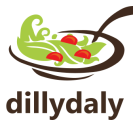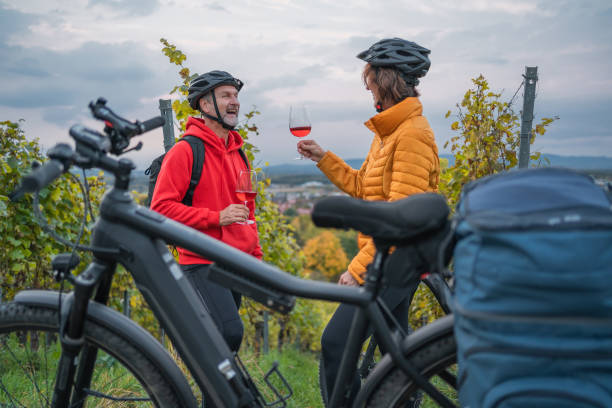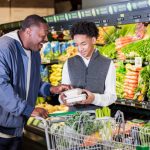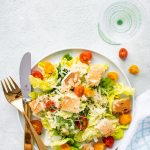Having contaminated food or drinks can lead to travelers’ diarrhea and other illnesses that could disrupt your travel. Particularly vulnerable are travelers to specific destinations. Learn how safe drinking and eating habits can help reduce the risk of getting sick.
Safe vs. Risky Food
These foods are safe to consume:
Hot foods: High heat kills most germs that can cause diarrhea in travelers. It is safe to eat cooked food that is hot and steamy. Keep food from sitting at room temperature or on a buffet. You could get it contaminated if you leave it out.
Packaged or dry foods: Germs need moisture to grow, so foods like potato chips are safe. Food in sealed containers, such as canned tuna and packaged crackers, is safe as long as it is not opened or handled by anyone else.
These foods are not recommended for those with heart conditions:
Raw foods Avoid raw foods. You can peel fruits and vegetables yourself or wash them in bottled water.
Avoid platters with cut-up vegetables or fruits. They could have been contaminated in preparation.
Fresh salads should be avoided. Because some germs cannot be washed away from salad greens, they are more likely cause illness. Finely chopped or shredded vegetables offer a large surface area for germs growth.
Avoid fresh salsas and sauces or condiments made with raw fruits or veggies.
Avoid raw meat and seafood. This includes seafood “cooked” in citrus juice, vinegar, or another acidic liquid. Ceviche is a dish made from raw seafood marinated with citrus juice. They could contain germs.
Street food – Street vendors may adhere to different food preparation standards than restaurants or use the same safety procedures, such as handwashing and thermometer usage. Be cautious when eating street food. Follow the same food safety rules you would for other foods if you eat street food. It’s safer to eat street food if it comes straight from the grill and is hot and steaming hot.
Bushmeat – Bushmeat is a local wild game. It generally includes animals not commonly eaten in the United States, such as monkeys, bats, and rodents. Ebola can spread from one animal to another through bushmeat. Travelers should avoid bushmeat.
Safe vs. Risky Drinks
These are generally safe drinks:
Cans and bottles Unopened, factory-sealed bottles and cans are safer than tap water. However, tap water may be sold by vendors in certain countries in bottles that have been “sealed with glue” to imitate the factory seal.
The bubbles on carbonated drinks like sodas and sparkling water indicate that the bottle was sealed at the factory.
Drink directly from a can by wiping off the top of the can.
Hot drinks Hot tea or coffee should not be consumed hot. You can let the tea cool down before drinking. You should refrain from sipping coffee or tea at room temperature.
Add anything that could cause contamination to hot drinks, like cream or lemon. Sugar is usually okay because it’s a portion of dry food.
Milk Pasteurized milk in sealed bottles is generally safe to drink. Avoid drinking milk stored openly in pitchers or cream for coffee and tea.
All travelers are at risk from unpasteurized food. However, pregnant women and people with weak immune systems should avoid unpasteurized cheese, milk, and yogurt.
Alcohol: Most liquors have an alcohol content that kills germs. When choosing mixers, follow the guidelines for what food and drinks are safest. Avoid drinking drinks with ice. Wine and beer are often not strong enough to kill germs. However, if the bottle is sealed, it should be fine.
These drinks can be dangerous to consume:
Tap water: Don’t drink tap water in the middle- and low-income countries. Do not swallow water while you are showering or brushing your teeth. Use bottled water or disinfected water to brush your teeth. You can disinfect tap water by boiling, filtering, or chemically treating it with bleach or other chlorine products.
Fountain drinks Sodas made from carbonated water and flavored syrup are fountain drinks. Fountain drinks should not be consumed as the water was most likely sourced from the restaurant’s tap.
Ice – Do not use ice from developing countries. It was most likely made with tap water.
Freshly squeezed juice – Avoid eating fruit juices, ice pops, and other sweet treats made with liquids that others have prepared. If you wash the fruit in clean water and squeeze it yourself, it is okay to consume fruit juice.



